Week 5: Jonah
Week 5: Jonah
Objective:
-
Jonah’s Disobedience
-
Jonah Thrown into the Sea
-
Jonah’s Prayer and Deliverance
-
The Ninevites' repentance
-
Jonah’s Anger and God’s Kindness
Resources:
- Fr Tadros Y Malaty Commentary
- Catena Bible Commentary
- Fr Dawoud Lamie Bible study (Arabic)
- Minor Prophets SUSCOPTS
Activity for every week: Can you recite the 12 minor prophets?
Reading:
- Jonah 1-4
Key verse(s):
“I have been cast out of Your sight, Yet I will look again toward Your holy temple.’
NOTE TO SERVANT:
-
Please plan to ask and review these questions every week:
- Who are the minor prophets? Can you recite them?
- The theme for last week's minor prophet
- Highlight Messianic prophecy
- Who are the minor prophets? Can you recite them?
Minor Prophets introduction:
-
The Major and Minor Prophet division of the Holy Bible does not denote the importance or rank of the writing prophets, but the length of the Holy Books which bear their prophecies.
- Ex: Jonah 4 chapters - Isaiah 66 chapters
- There are 12 minor prophets and 4 major prophets (5 books including Lamentations)
- In the Tanakh (Hebrew Bible), all these books were listed under "prophets". In the Septuagint and Vulgate translations, this classification of major and minor was mentioned.
- The prophet in the OT was someone who passed God's message to the people. A prophet in the NT is also someone who passes God's message or news (God's love and salvation for all mankind).
- In the OT, there were many prophets (Moses, David, Elijah, Elisha, etc.), but when we refer to the "Prophets", we refer to the ones who recorded their prophecy.
- All prophecies had one goal: Repentance!
- Recorded prophecies were split into three groups: Before, during, and after the exile.
- Before: Repent so God doesn't bring the exile
- During: Repent so God can end the exile and take us back to our land
- After: Repent because the Messiah is coming
- The books of the prophets are rich with Messianic prophecies. Our Lord fulfilled all.
- The meaning of the names of the prophets is usually the message of their writings.
- The prophetic books always start with a strong tough message and then end with a joyful promising message.
- All books have different themes. All books have the same message (repentance).
-
|
Minor Prophets |
||
|
Before Assyrian Captivity Directed to the North Kingdom |
After Assyrian and before Babylonian captivities Directed to the South Kingdom |
After Captivity |
|
1. Hosea 2. Joel 3. Amos 4. Obadiah (Edom) 5. Jonah |
6. Micah 7. Nahum (Nineveh) 8. Habakkuk 9. Zephaniah |
10. Haggai 11. Zechariah 12. Malachi |
Comments:
Theme of Jonah: The Lord's mercy and forgiveness
Messianic Prophecy: Jonah is a type of Jesus Christ (He came out alive after three days and the Ninevites were saved. Our Lord rose on the third day and delivered His people)
- Jonah is a book that shows God's greatest love and forgiveness.
- Many people pinpoint Jonah's arrogance and his escape from God, but we shall meditate on his strong faith and repentance.
- At his time, prophets like Hosea, Joel, and Amos strongly urged the people to repent before the Assyrian captivity came as a punishment.
- Ninevah was the capital of Assyria. Jonah hesitated to go because he knew the Assyrians were coming to destroy his people and take them captive.
- For Jonah, it did not make sense to preach about this 'extremely bad nation' who is coming to rule over his nation.
- God knew their hearts and knew they would repent.
- This generation that Jonah evangelized to repent. But the following generation was bad and they started to head towards Israel to take them to exile.
- We will see later that Nahum prophesied against Ninevah (The Assyrians) as they exiled God's people. He prophesied the Assyria would be punished by Babylon.
- In summary:
- Hosea, Joel, and Amos: told the people to repent lest the Assyrians come to destroy the North Kingdom (Israel)
- Minor prophets and the Assyrian captivity:
- (Before) Jonah: Went to evangelize to the Assyrians
- (During) Micah: Prophesied to the South Kingdom (Judah). His message to them was to repent or the Babylonians will punish Judah
- (After) Nahum: Prophesied against the Assyrians. Babylon will punish Assyria
- In the Jewish Tradition, Jonah is thought to be the son of the widow whom Elijah arose from the dead (1 Kings 17)
- Some people doubt Jonah is a symbolic story and not real. However, our Lord pointed out this story in Matthew 12 and Luke 11.
- Jonah is also mentioned in 2 Kings 14
- Jonah 1
- Everything and everyone obeyed, except Jonah (Sea, ship, wind, mariners, fish)
- The mariners:
- They knew from experience what happened in the sea was abnormal. Most likely due to someone’s sin/fault
- They prayed to their gods before doing any actions (throwing cargo)
- They made sure everyone prays (life of fellowship)
- They did not agree initially to throw Jonah into the sea as they cared about him
- They rebuked Jonah for not obeying his God
- They prayed to Jonah's God and feared Him
- They offered sacrifices and took vows to Jonah's God
- Jonah 2
- Jonah is God's man
- The first thing he did was pray and praise in the middle of his hardships
- His deep faith is highlighted in Jonah 2:4
- "I will look again toward Your holy temple" - He was in the belly of the fist when he said that!
- Jonah 2:7 - "And my prayer went up to You" He is sure God is listening to him
- God didn't prevent Jonah from service. He accepted Jonah and returned him to his service. Similar to St. Peter after the Cross at the Sea of Tiberias (Jonah 21)
- Jonah 3
- The people didn't question Jonah but believed right away
- They instantly offered true repentance
- This chapter shows that repentance does not need a long period of time, but a true repentant heart
- Jonah didn't tell them what to do. He only said they would be destroyed.
- The people's faith led them to understand that repentance will allow God to not relent (3:9)
- Jonah 4
- Jonah was not happy they repented and God accepted them
- He was like the older son who didn’t like the return of his younger brother
- The plan is like the Jews who grew but went astray from God and the Ninevites are the Gentiles whom God cared for their repentance.
- Jonah was not happy they repented and God accepted them
Review/recap questions:
**Servant may add more questions
- Why did Jonah run from God?
- What effect did God stirring and stilling the storm have on the sailors?
- How do you see Jonah’s prayer: a cry for help, for forgiveness or for thanksgiving?
- Give verses showing Jonah’s assurance of the deliverance of God.
- What was the Ninevites' reaction to Jonah’s message?
- Mention four commands in the decree given by the king.
- Show Jonah’s selfishness through this Holy Book.
- After reading the Book of Jonah, prove that salvation comes from the Lord to everyone who believes.
Homework:
**Servant may add more questions
- The Lord asked Jonah to go to:
a) Tarshish b) Nineveh c) Joppa - What was Jonah doing when the storm started?
a) praying b) eating c) sleeping - Jonah was in the belly of the fish for:
a) forty days b) one week c) three days and three nights - While in the belly of the fish Jonah was:
a) praying b) singing c) crying d) all of these - How many days did the Ninevites have before the city was overthrown?
a) three b) ten c) forty - When the Ninevites heard Jonah’s message they:
a) proclaimed a fast b) believed God c) put on sackcloth d) all of these - The plant was damaged by:
a) fire b) a worm c) wind d) rain - How many people lived in Nineveh?
a) 20,000 b) 200 c) 120,000

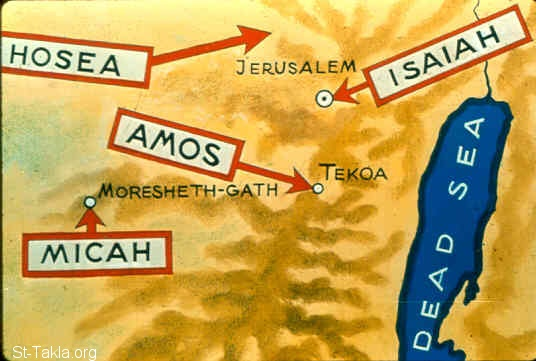
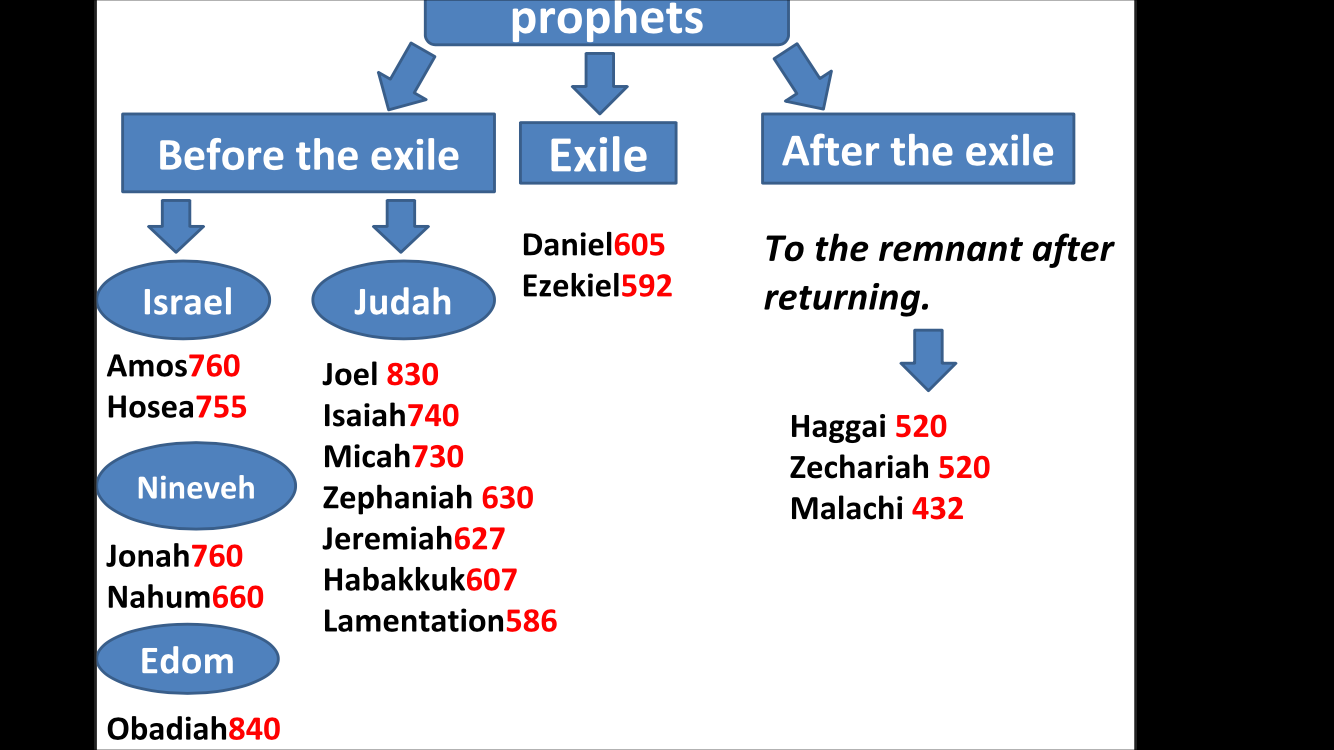
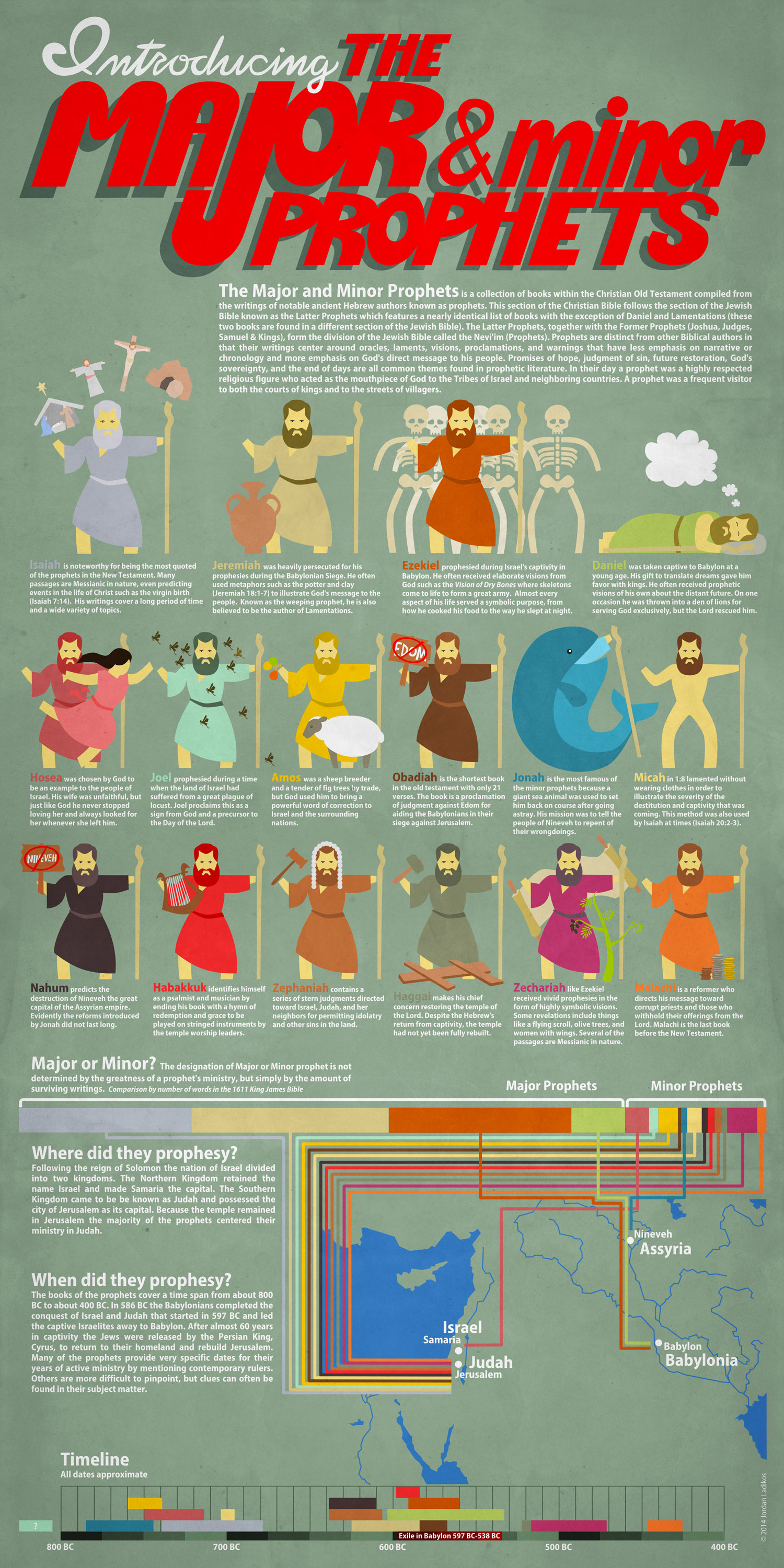
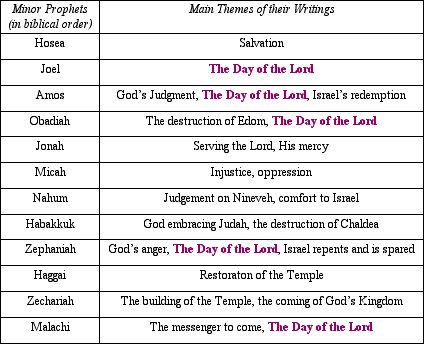
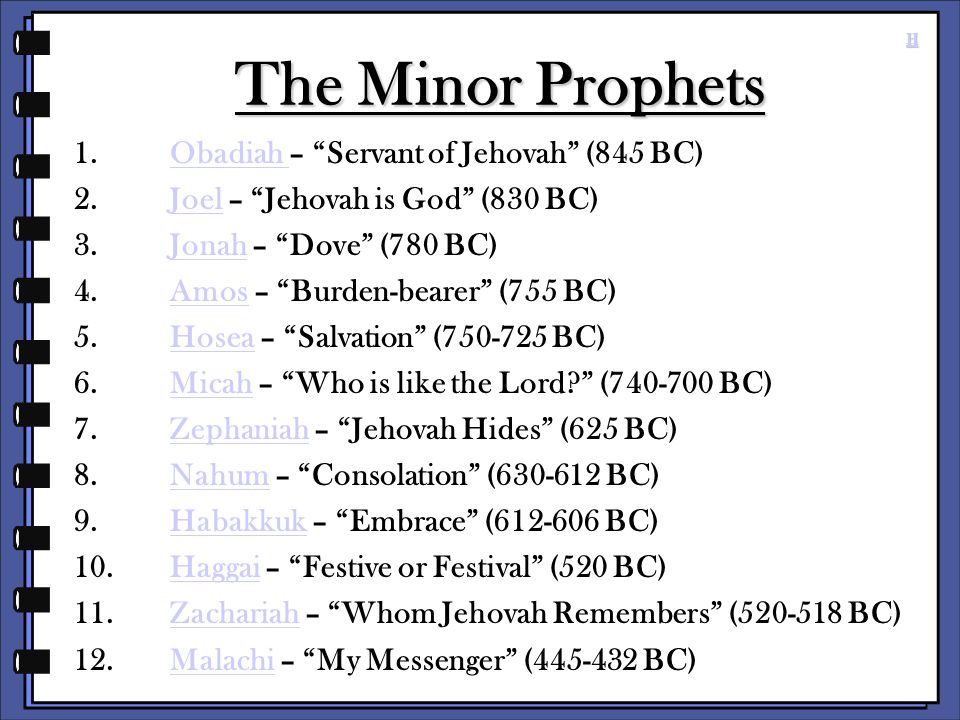
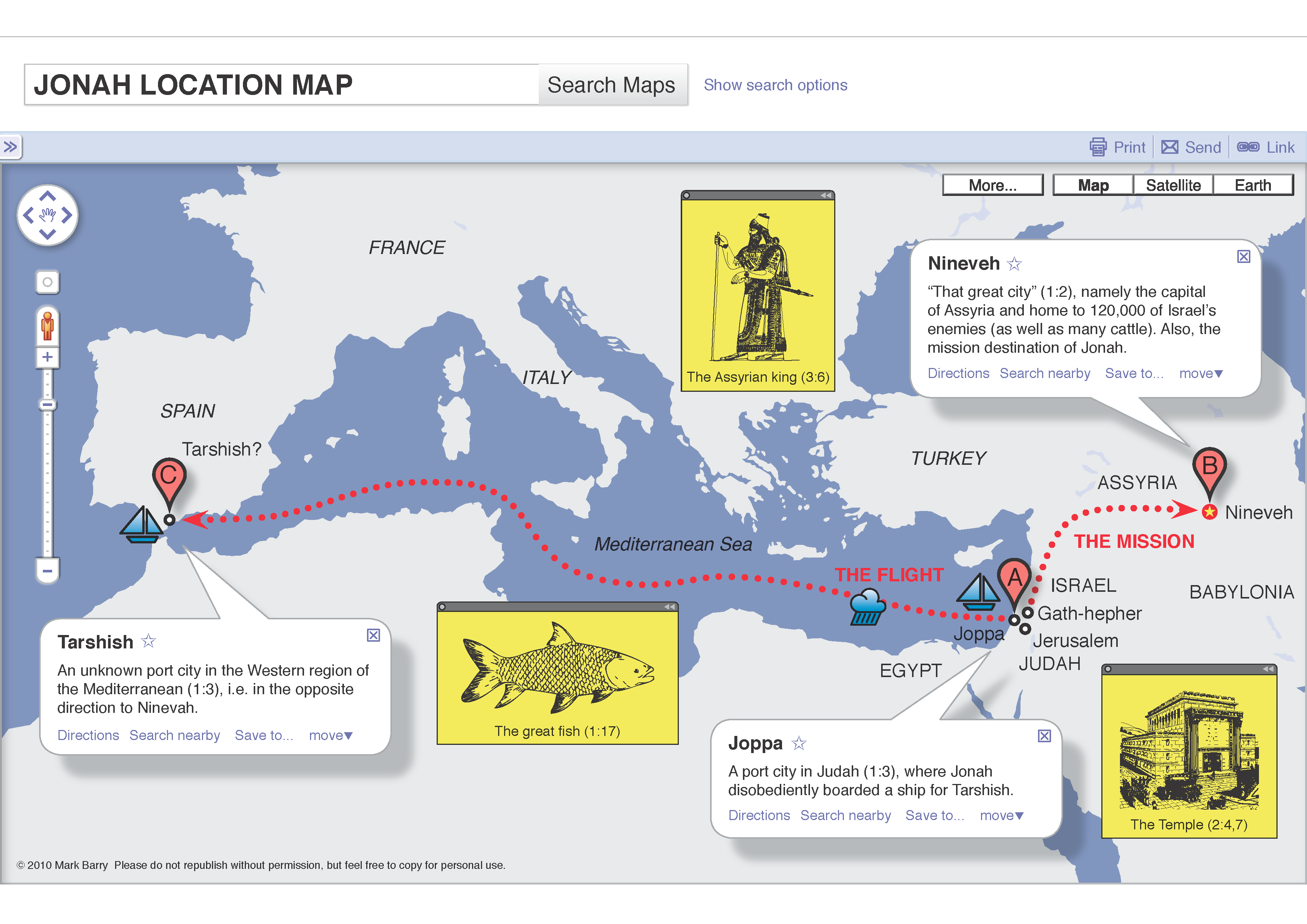
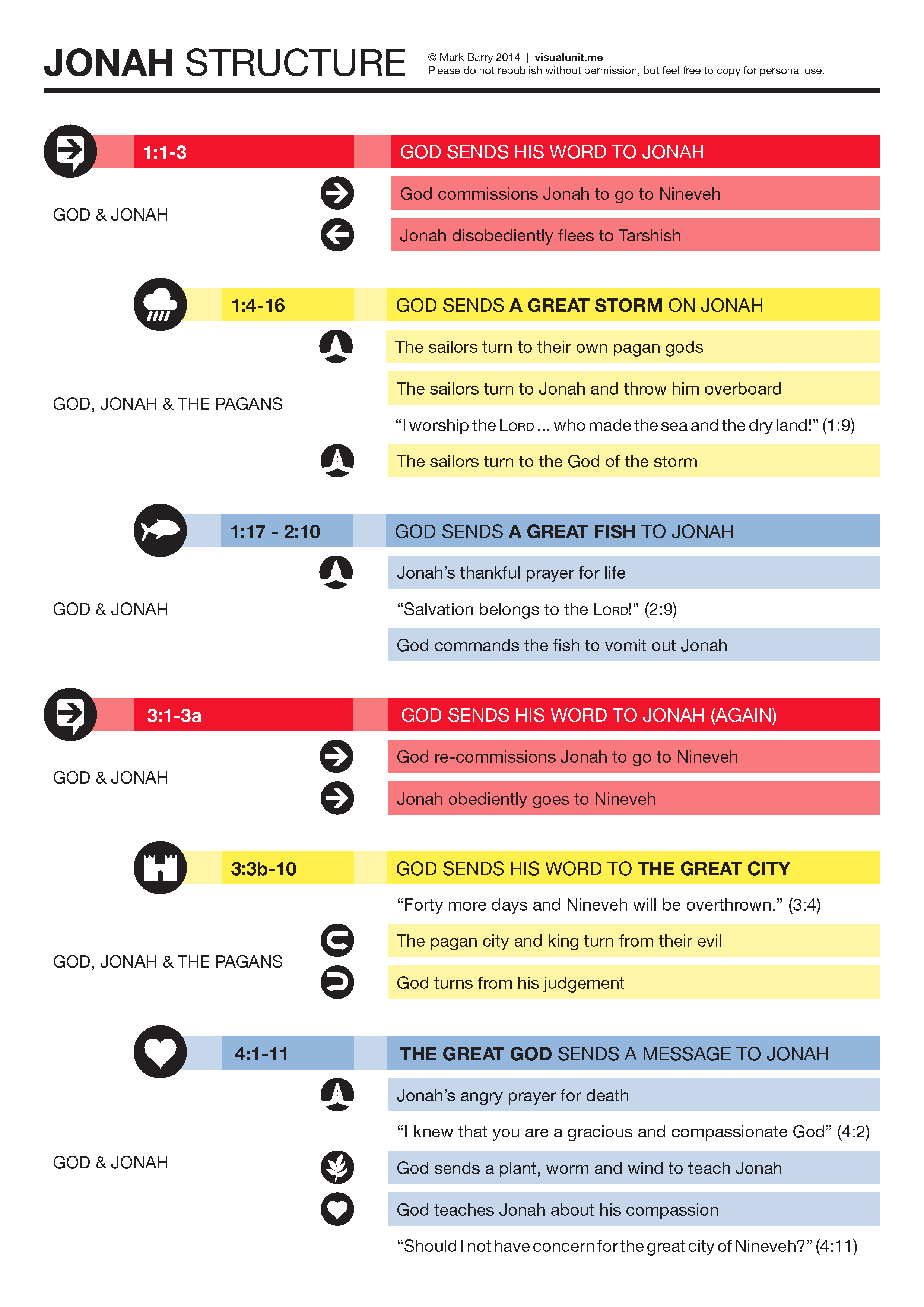
No comments to display
No comments to display